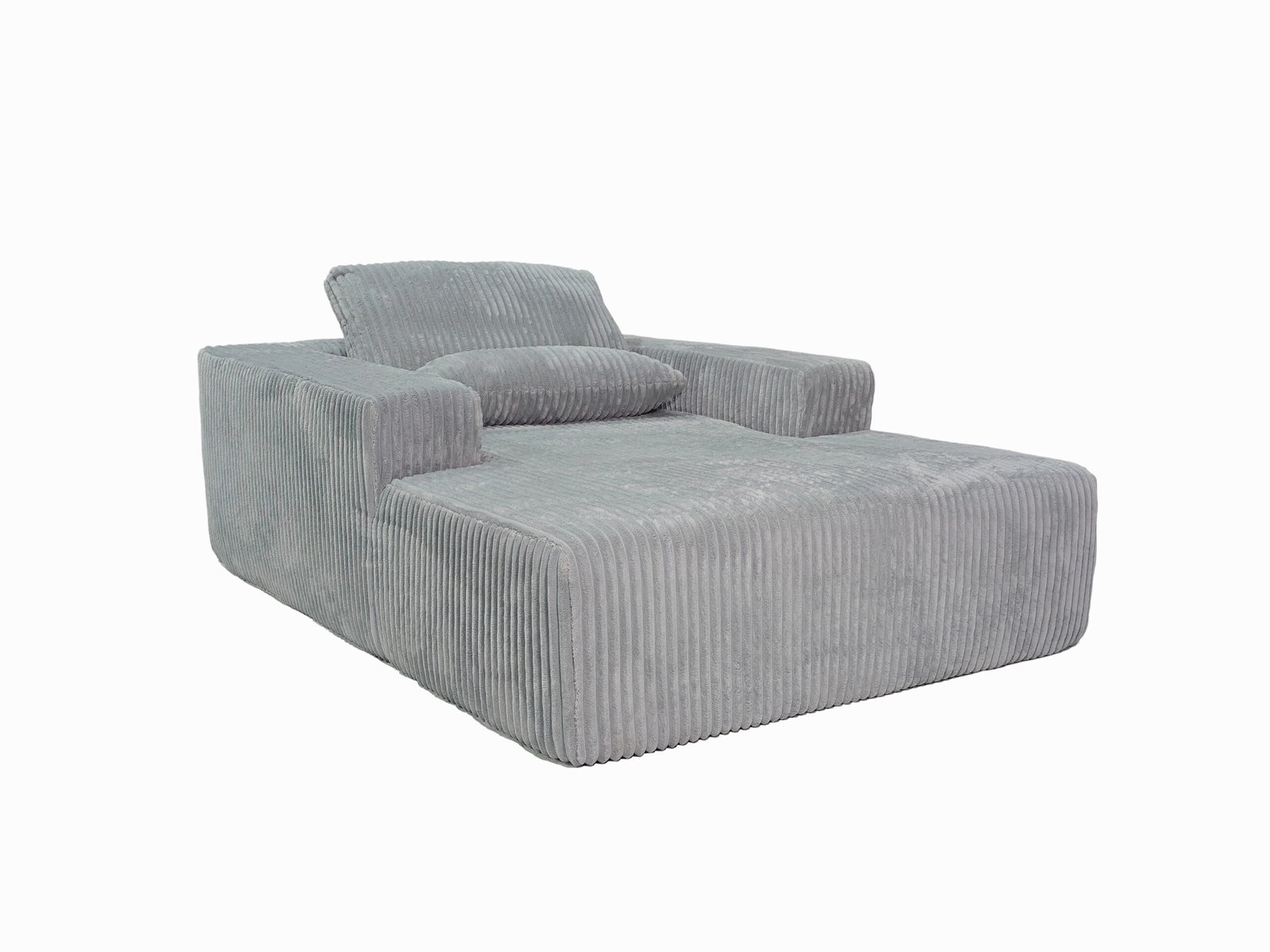
Selling compressed sofas globally? Missing a key certification can block your shipment or lose a major client.
A compressed sofa supplier should have certifications covering quality, safety, environmental responsibility, foam safety, and compliance with target market laws.
In a competitive market, the right certifications build trust fast. Without them, even the best product won't cross the border.
Why do compressed sofa suppliers need certifications?
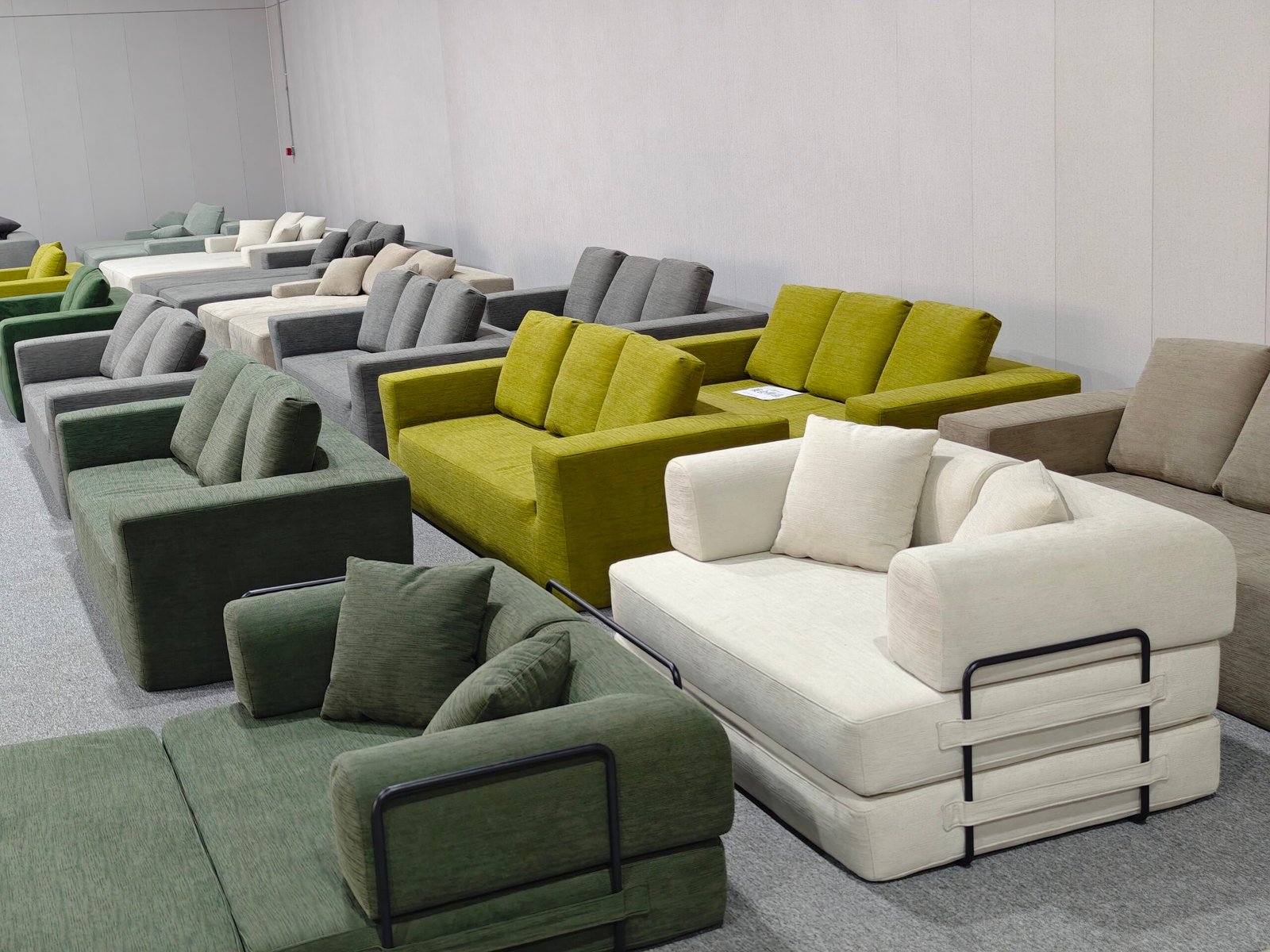
Many buyers today don’t just want great furniture—they want safe, eco-friendly, and compliant furniture.
Certifications prove that a supplier meets global standards in quality, safety, and sustainability. They reduce buyer risk and increase supplier credibility.
Let’s look at the key certifications every compressed sofa supplier should consider if they’re serious about global sales.
ISO 9001—Is your quality management system trustworthy?
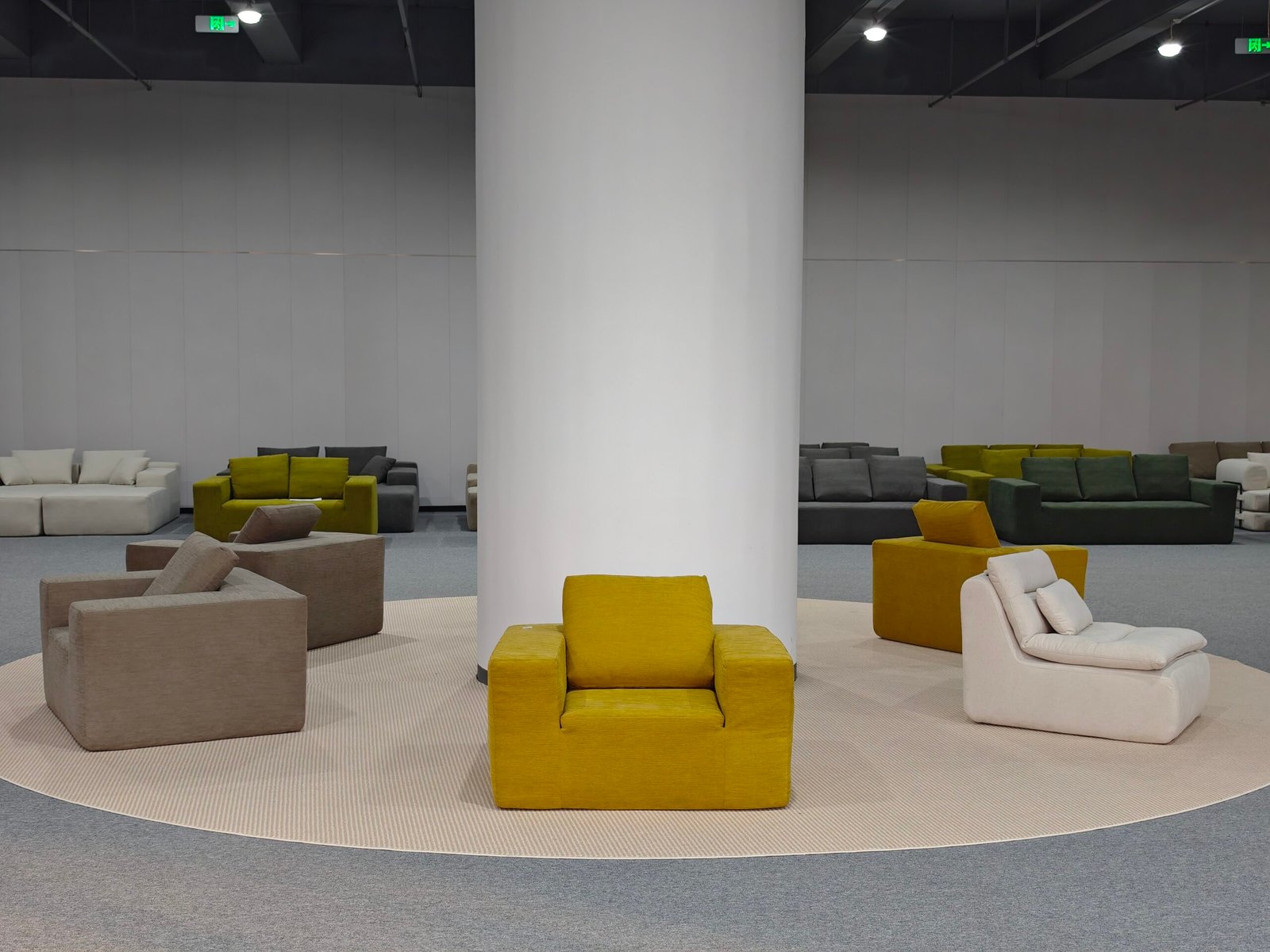
Clients often ask: how do I know your production is consistent?
ISO 9001 is the global benchmark for quality management. It shows your sofa production process is reliable and well-controlled.
Why ISO 9001 matters:
- Standardizes quality across every production batch
- Helps reduce product defects and returns
- Improves customer satisfaction and factory efficiency
At HSM, getting ISO 9001 was a turning point. It forced us to document processes, train better, and reduce our customer complaint rate by 40%.
Today, most large buyers—especially from Europe and the U.S.—require ISO 9001 from their suppliers.
ISO 14001—Are you protecting the environment?
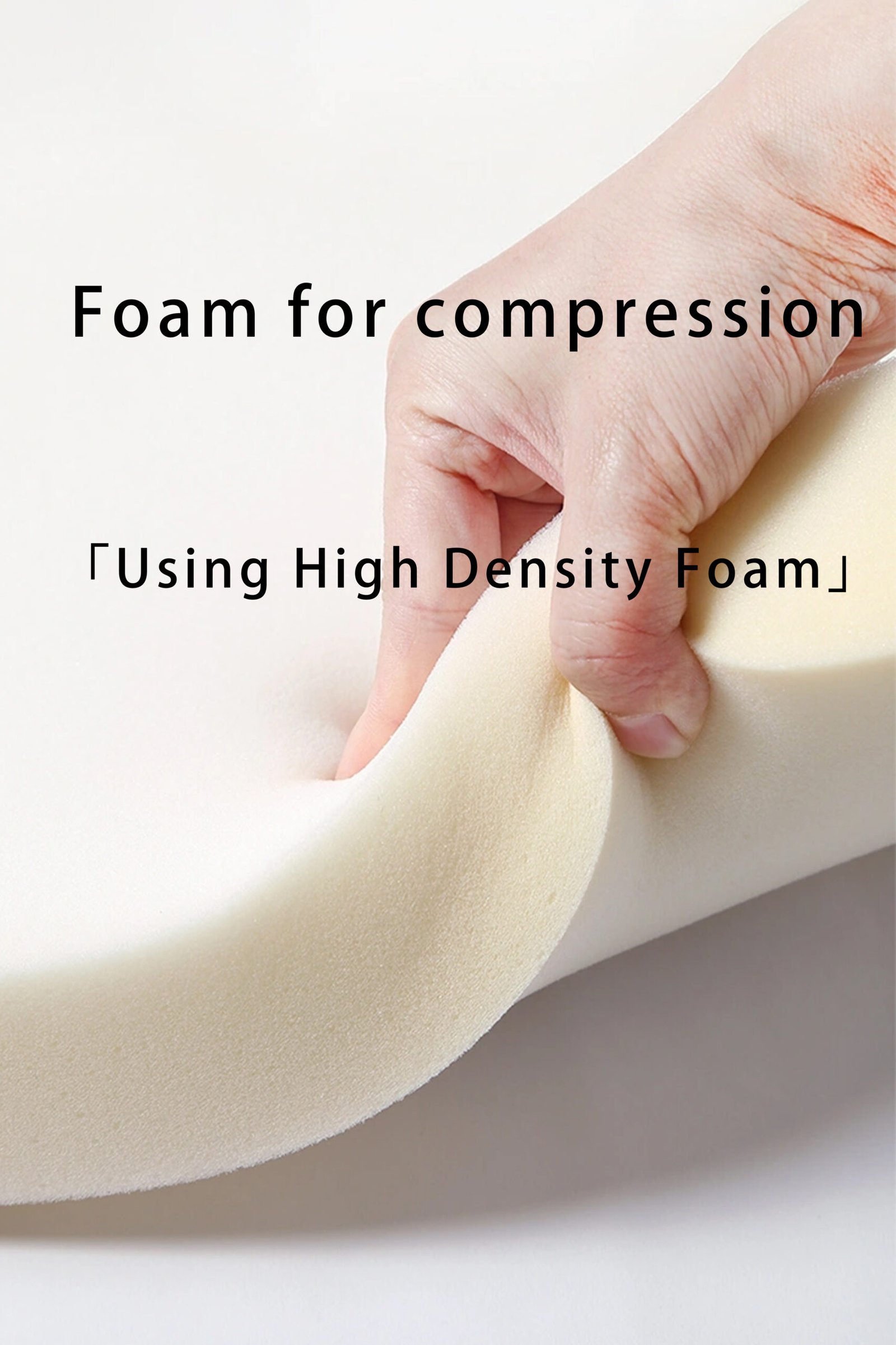
Eco-conscious buyers want to know: how green is your factory?
ISO 14001 is the standard for environmental management. It shows your operation minimizes waste and pollution.
Benefits of ISO 14001:
- Reduces carbon footprint and improves resource efficiency
- Helps meet government environmental regulations
- Attracts sustainability-focused brands
We introduced foam offcut recycling as part of our ISO 14001 compliance. That one move saved us over $10,000 per year—and helped secure a large contract with a Scandinavian client.
If you're exporting to the EU, this certification is not optional. It’s expected.
ISO 45001—Is your factory safe for workers?
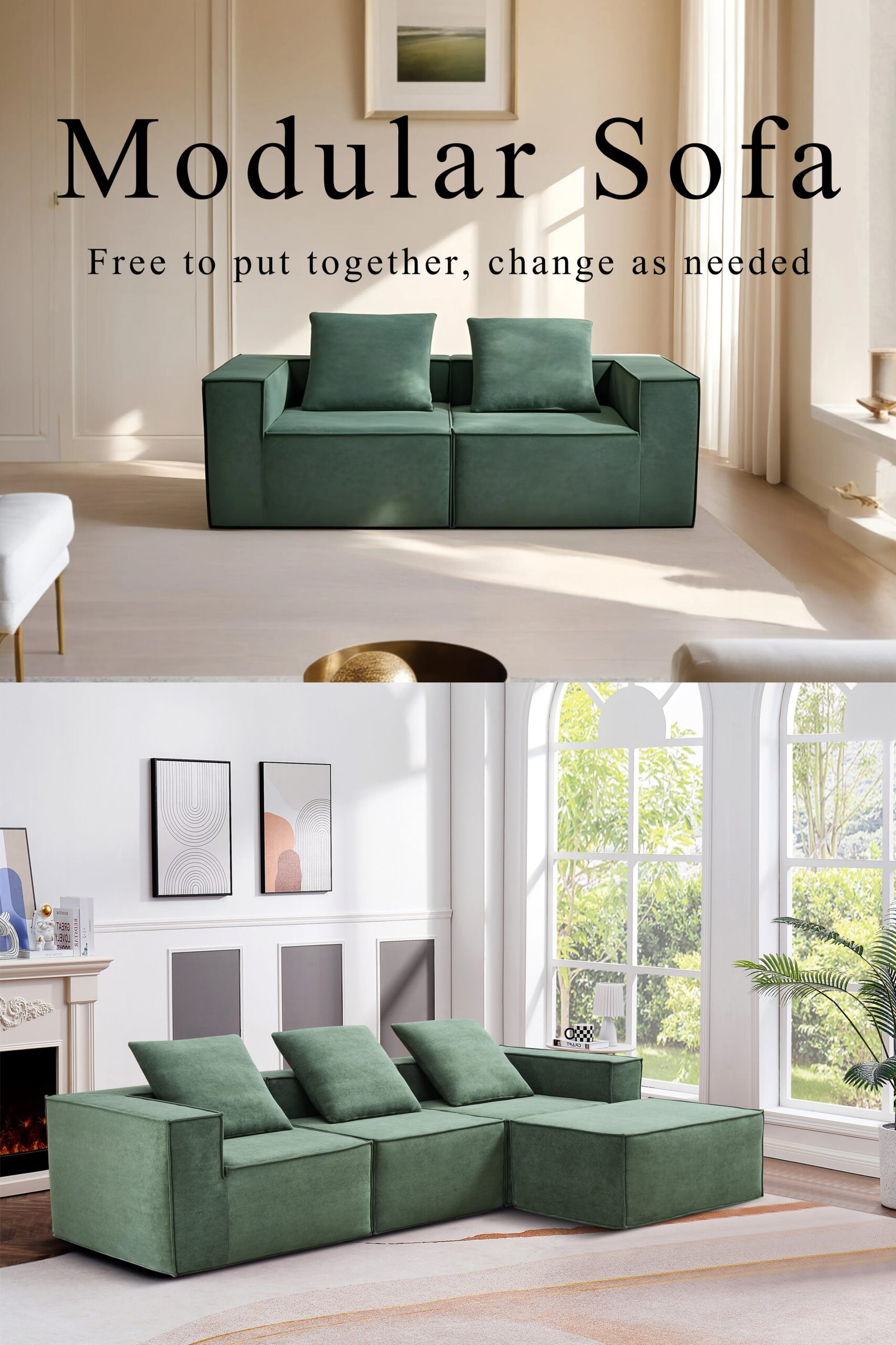
Nobody wants a supplier with safety scandals.
ISO 45001 shows your company puts worker health and safety first.
Why it matters:
- Prevents workplace accidents and legal trouble
- Boosts worker morale and retention
- Builds a responsible brand image
We started with monthly safety training and emergency drills. Not only did incidents drop, but production also improved—because healthy workers work better.
In many B2B relationships, ISO 45001 is now part of the contractual requirements.
CertiPUR-US—Is your foam safe and low-VOC?

Customers lie down on your product every night. Is your foam clean?
CertiPUR-US is the foam standard that confirms no harmful chemicals or excessive VOCs are used.
What it covers:
| Prohibited Substances | Standards Required |
|---|---|
| No ozone depleters | Low VOC emissions |
| No lead or heavy metals | No PBDEs or flame retardants |
| No formaldehyde or phthalates | Performance and durability tested |
When we started labeling our sofas with the CertiPUR-US tag, our U.S. conversions increased by 23%. Parents and health-conscious buyers care deeply about foam safety.
If you’re using polyurethane foam, this certification is a must.
GOTS—What about organic fabric options?

Are you using organic cotton, hemp, or linen? Big win.
The Global Organic Textile Standard (GOTS) certifies that textiles are truly organic and sustainably processed.
GOTS covers:
- Entire textile supply chain: from harvesting to labeling
- Non-toxic dyes and fair labor practices
- No synthetic pesticides or GMOs in fiber sources
We use GOTS for our eco-line of compressed sofas. When selling to European or Canadian boutique retailers, this seal creates instant trust.
Eco-certifications like GOTS open new customer segments—especially among premium and environmentally sensitive markets.
FSC—Are your wood materials responsibly sourced?
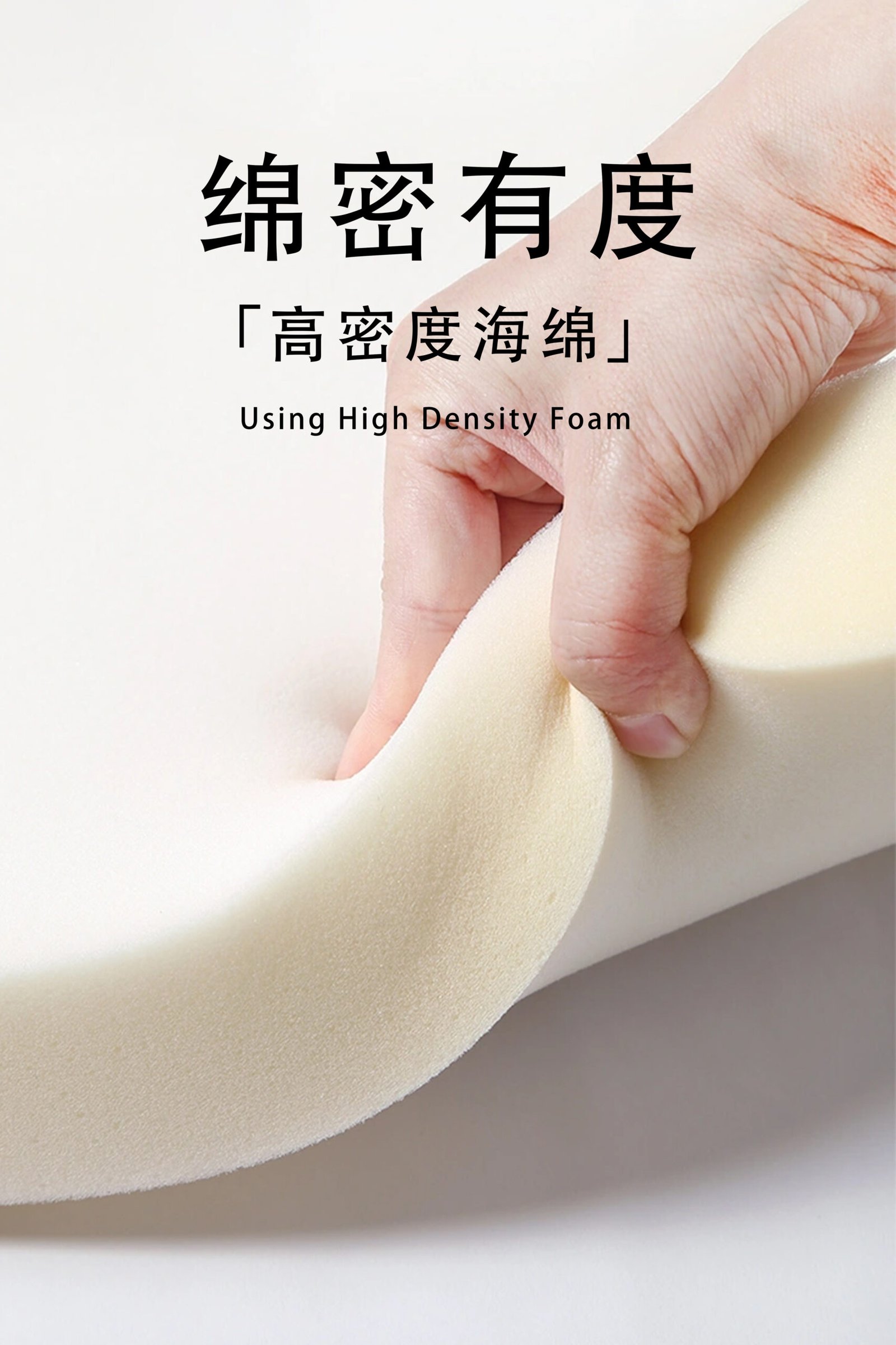
Many sofa frames use plywood or hardwood. Where does that wood come from?
The Forest Stewardship Council (FSC) certification proves that your wood comes from responsibly managed forests.
Why FSC matters:
- Reduces illegal logging and deforestation
- Meets import regulations in Europe and Australia
- Appeals to eco-conscious buyers and retailers
One of our clients in Germany rejected a container until we could prove FSC sourcing. After that, we made FSC part of our standard frame material policy.
CA Prop 65—Do you meet California’s safety standards?
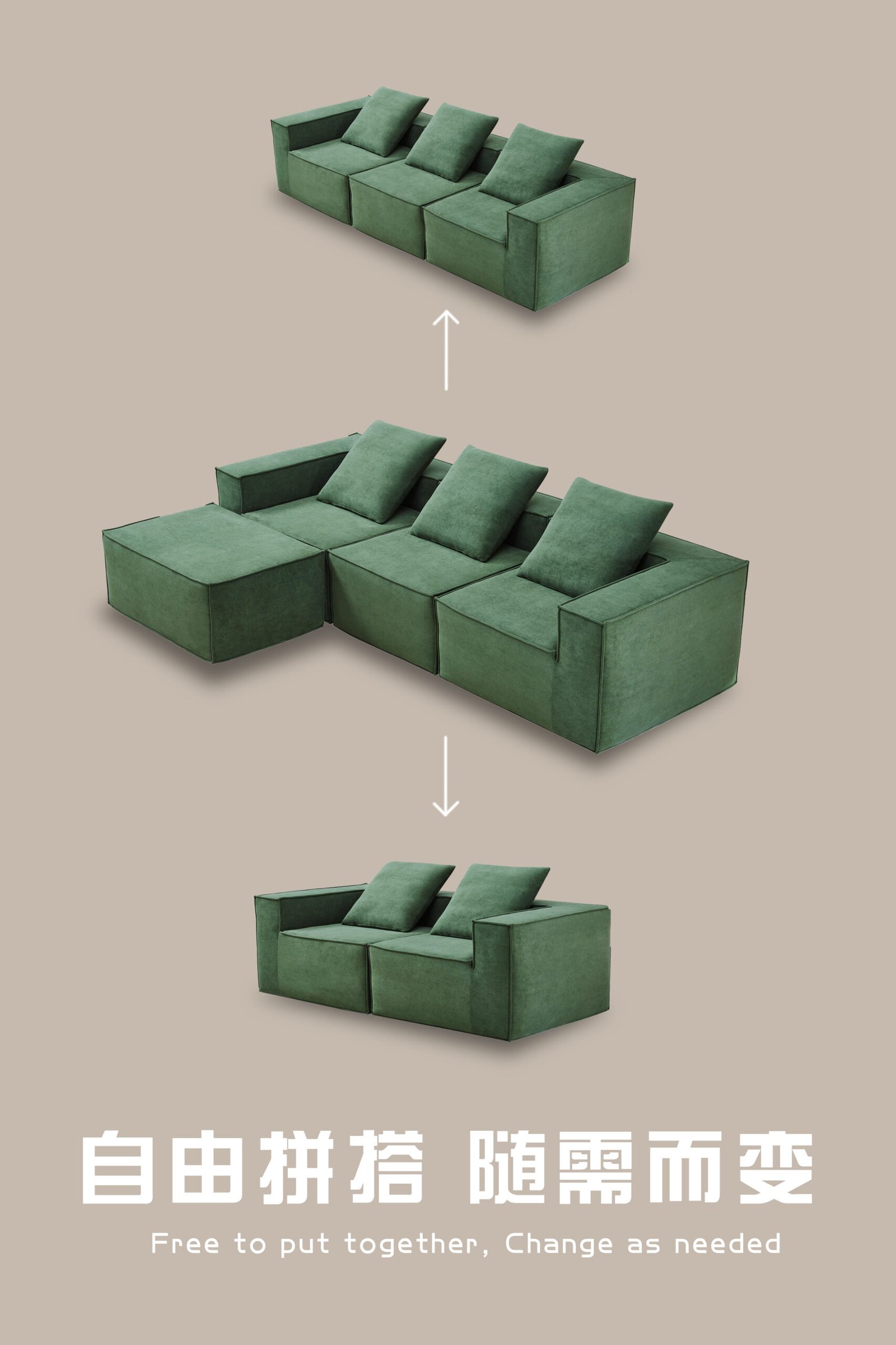
California is strict—and sets the tone for all of North America.
California Proposition 65 requires warning labels if any harmful chemicals are present above threshold levels.
Common sofa-related concerns:
- Formaldehyde in adhesives
- Phthalates in synthetic leather
- Flame retardants in foam
Failing to comply can result in costly lawsuits. We now test all new sofa materials for Prop 65 compliance before production.
If you're targeting California—don’t skip this.
CE Marking—Are you ready for the European market?
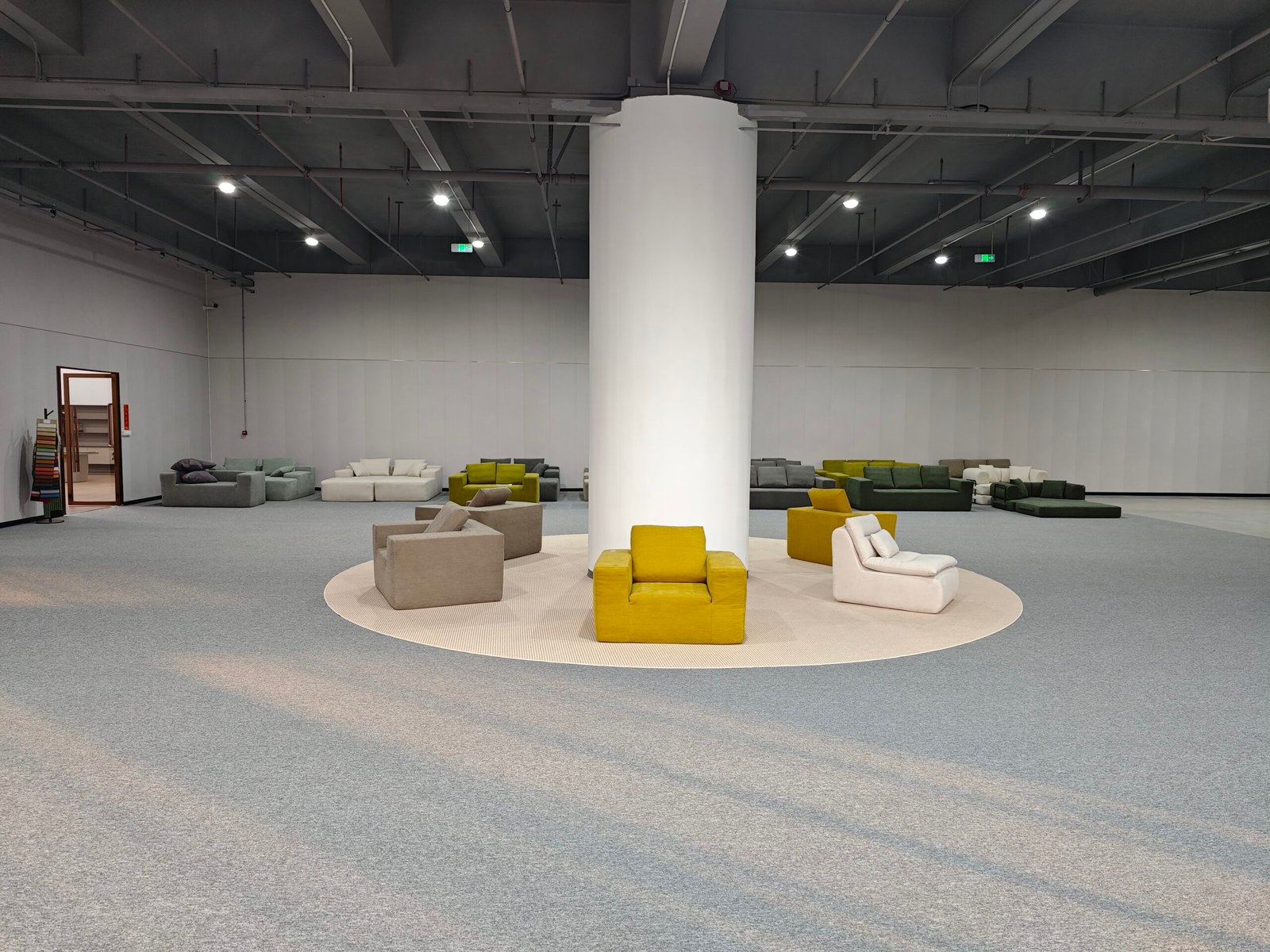
If your sofa includes electrical parts—like power recliners—you’ll need more than furniture know-how.
The CE mark is mandatory for electronic components sold in the EU.
Applies to:
- Electric motors in recliners
- USB ports and control panels
- Any electronic add-ons in sofa systems
We worked with a test lab in Shenzhen to certify our first electric lounge set. It was expensive—but we gained access to 27 European countries with one mark.
BIFMA—Is your design up to North American furniture standards?
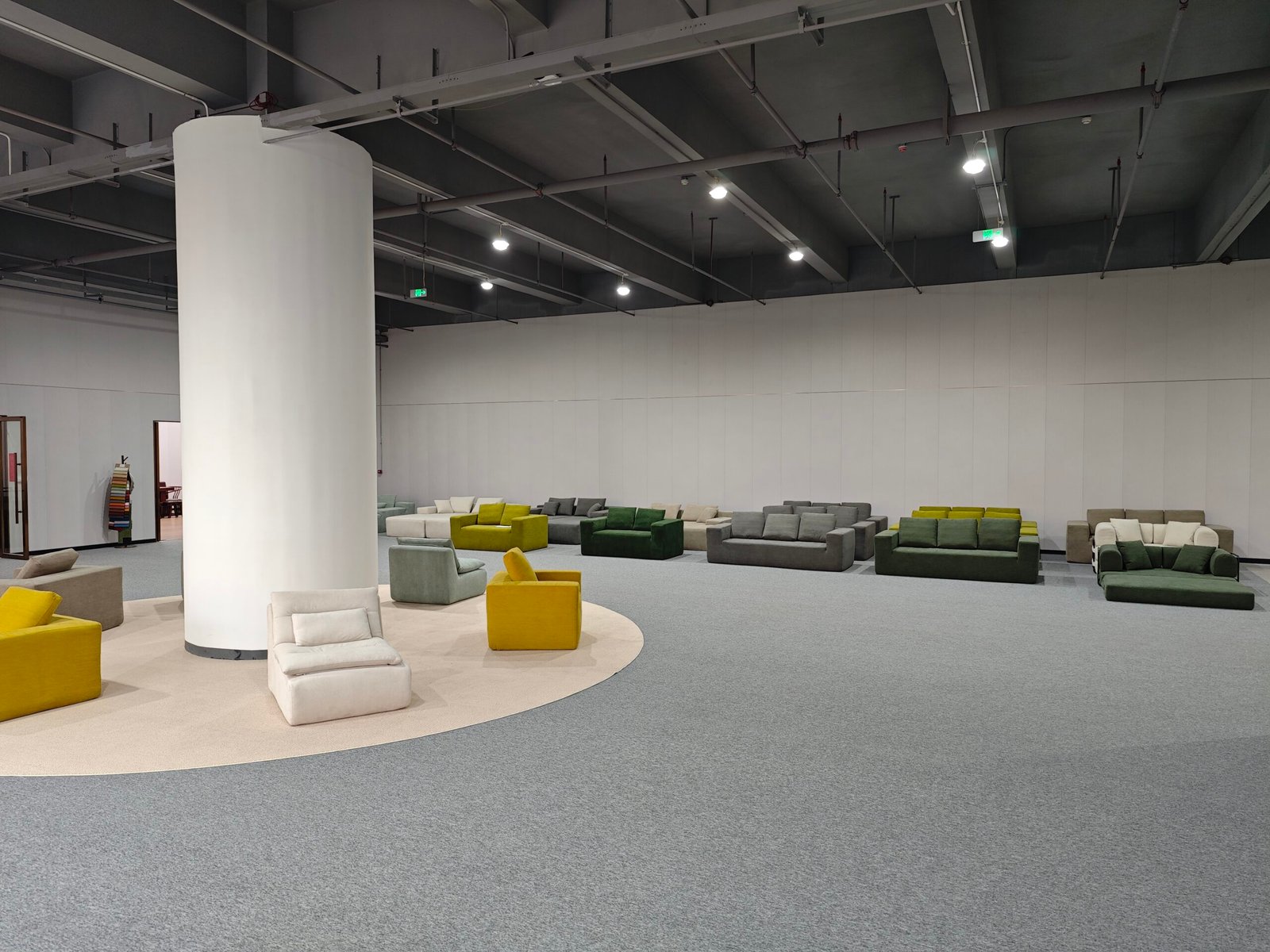
Business buyers—like hotels or offices—often ask about this one.
BIFMA is a U.S. standard for commercial furniture durability and safety.
What BIFMA covers:
- Weight capacity
- Stability and tip-over resistance
- Long-term structural performance
Getting our corner sofas BIFMA-certified helped us win contracts with a Canadian hotel chain.
It’s not mandatory—but in commercial bids, it gives you the edge.
Conclusion
A certified compressed sofa supplier builds trust, avoids legal issues, and opens the door to premium markets. Start with ISO 9001, CertiPUR-US, and ISO 14001—and expand as your market grows.